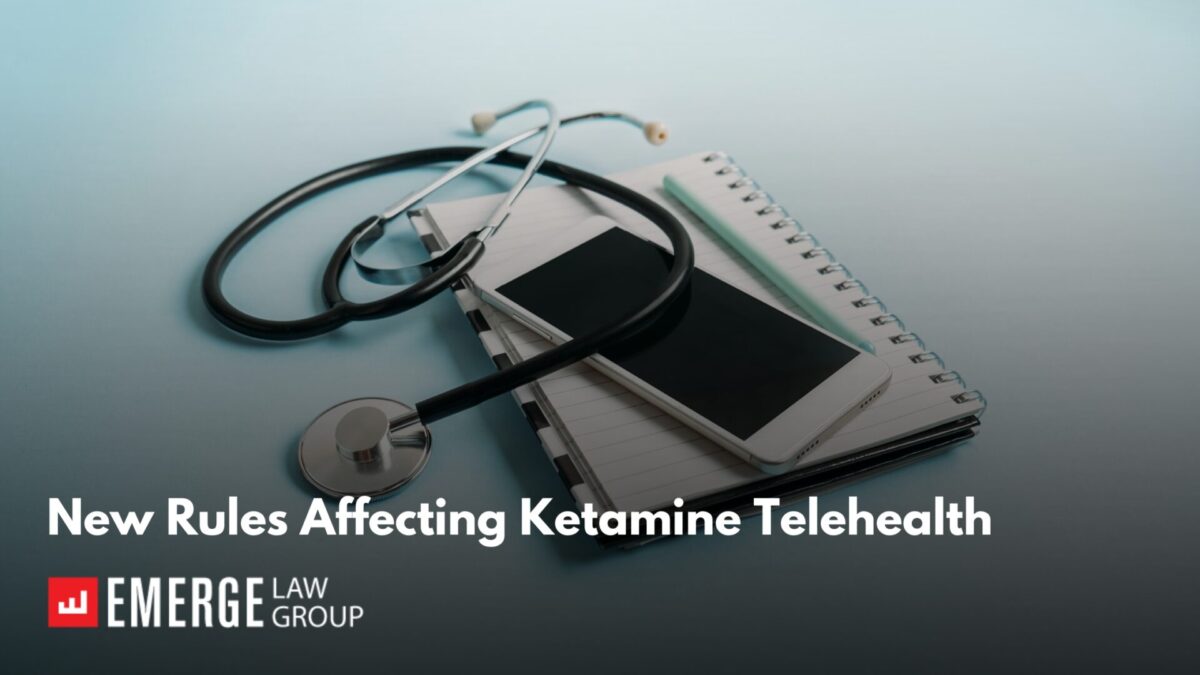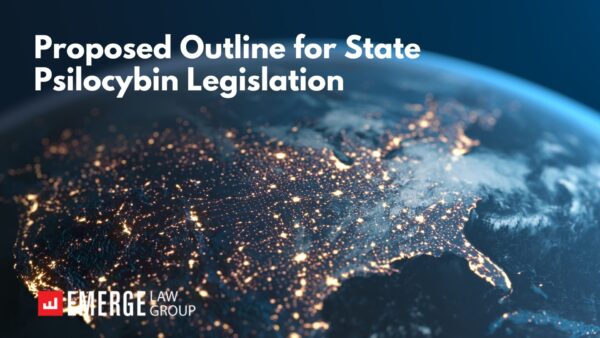Author: Matt Brockmeier, Emerge Of Counsel Attorney
Under the Ryan Haight Online Pharmacy Consumer Protection Act of 2008 a prescribing practitioner may prescribe controlled medications to a patient only after conducting an in-person evaluation of that patient. There are a number of exceptions to the Ryan Haight Act, which are detailed here in a previous blog post.
On January 31, 2020, in response to the COVID-19 Public Health Emergency, the Drug Enforcement Agency (DEA) and Department of Health and Human Services (HHS) waived a number of these requirements around telehealth prescribing in order to prevent lapses in care. These exceptions allowed for the prescribing of controlled medications via telemedicine encounters even when the prescribing practitioner had not conducted an in-person medical evaluation of the patient. Those waivers lasted through the pandemic, but were set to expire in May 2023 without further action from the federal government.
On March 1, 2023, DEA promulgated a notice of proposed rulemaking (NPRM) to make some of the telemedicine flexibilities established during COVID-19 permanent. They received a whopping 35,454 (!) comments on the General Telemedicine Rule, so on May 10, 2023 DEA and HHS issued the First Temporary Rule. That rule extended the full set of telemedicine flexibilities regarding the prescribing of controlled medications that had been in place under during COVID-19 through November 11, 2023. This extension was intended to give the agencies time to consider a permanent rule.
This morning DEA published a “Second Temporary Extension of COVID-19 Telemedicine Flexibilities for Prescription of Controlled Medications.” According to the new rule, “in light of the need to further evaluate the best course of action given the comments received in response to the NPRMs and the presentations at the Telemedicine Listening Sessions, DEA, jointly with HHS, is issuing this second temporary rule (“Second Temporary Rule”) extending the full set of telemedicine flexibilities regarding prescription of controlled medications as were in place during the COVID–19 PHE, through December 31, 2024. This extension authorizes all DEA-registered practitioners to prescribe schedule II-V controlled medications via telemedicine through December 31, 2024, whether or not the patient and practitioner established a telemedicine relationship on or before November 11, 2023.”
The purpose of this Second Temporary Rule, like the one before it, is to ensure a smooth transition for patients and practitioners that have come to rely on the availability of telemedicine for controlled medication prescriptions, as well as allowing adequate time for providers to come into compliance with any new standards or safeguards. DEA is working to promulgate new standards or safeguards by the fall of 2024.




